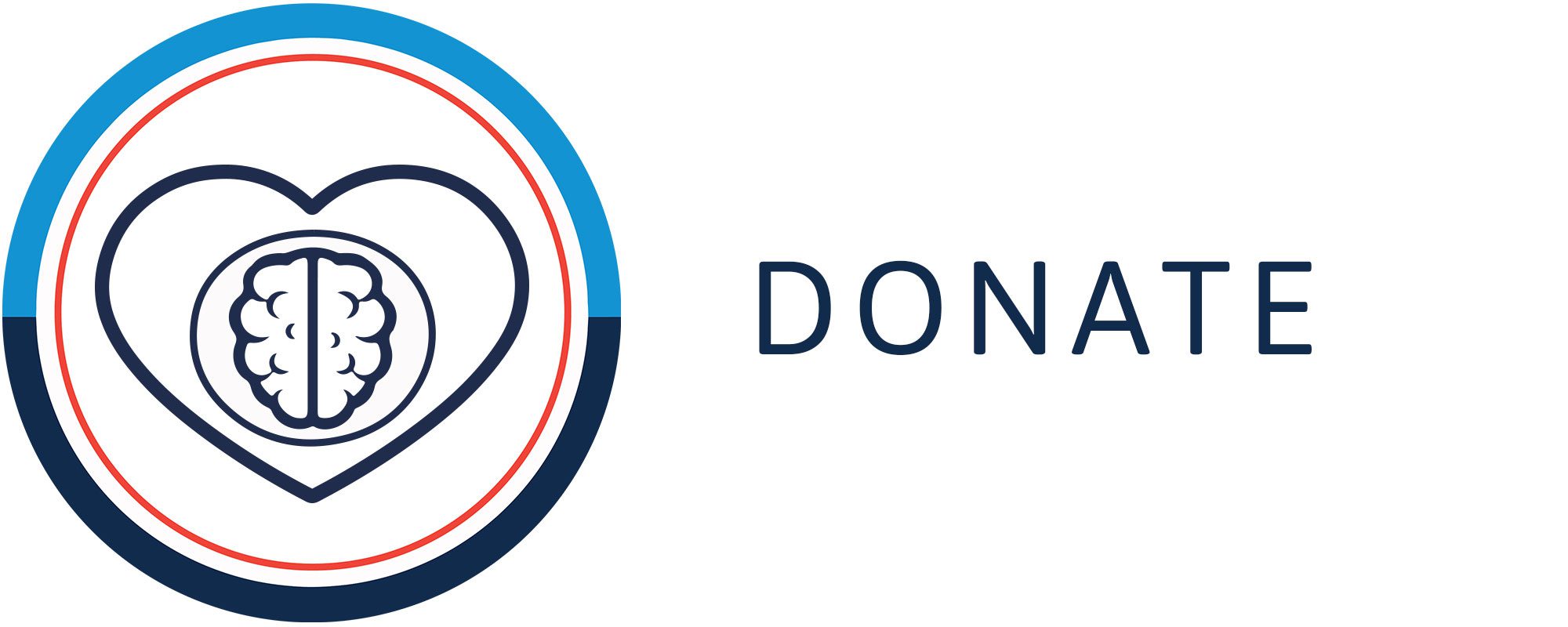Effects of Acquired Brain Injury
After a brain injury, people can feel differently to how they used to feel, with changes to thinking, personality, behaviour, emotions or physical ability. This is perfectly normal after brain injury, although frustrating and sometimes frightening.
Some people may not understand what they are going through because they cannot ‘see’ a damaged brain. Accessing ABI education sessions can help service users and family members to understand the impact of ABI and offer reassurance and encouragement during recovery.
Some common physical effects of brain injury:
- Difficulties with movement, paralysis or spasticity
- Weakness
- Fatigue
- Altered sensation in the body, limbs or both
- Problems with balance and co-ordination
- Headaches
- Difficulty speaking
- Difficulty swallowing
- Loss of taste
- Loss of smell
- Loss of sight or peripheral vision
- Changes in hearing or tinnitus, a ringing in the ear
Some common emotional, behavioural and cognitive effects of brain injury:
- Neuro fatigue
- Sensory overload
- Memory challenges
- Emotional changes
- Difficulties thinking flexibly, being more rigid
- Feeling hopeless, low or grieving the changes in life
- Poor attention and concentration making it hard to plan or organise
- Loss of interest in hobbies and things previously enjoyed
- Vacant/slower processing
- Loss of motivation
- Loss of or increase in sex drive
- Negative, unhelpful thought patterns
- Confusion
- Difficulties in making decisions
More information and guidance around some of the above difficulties can be found in our Common Effects of Brain Injury booklet. Download it here:



